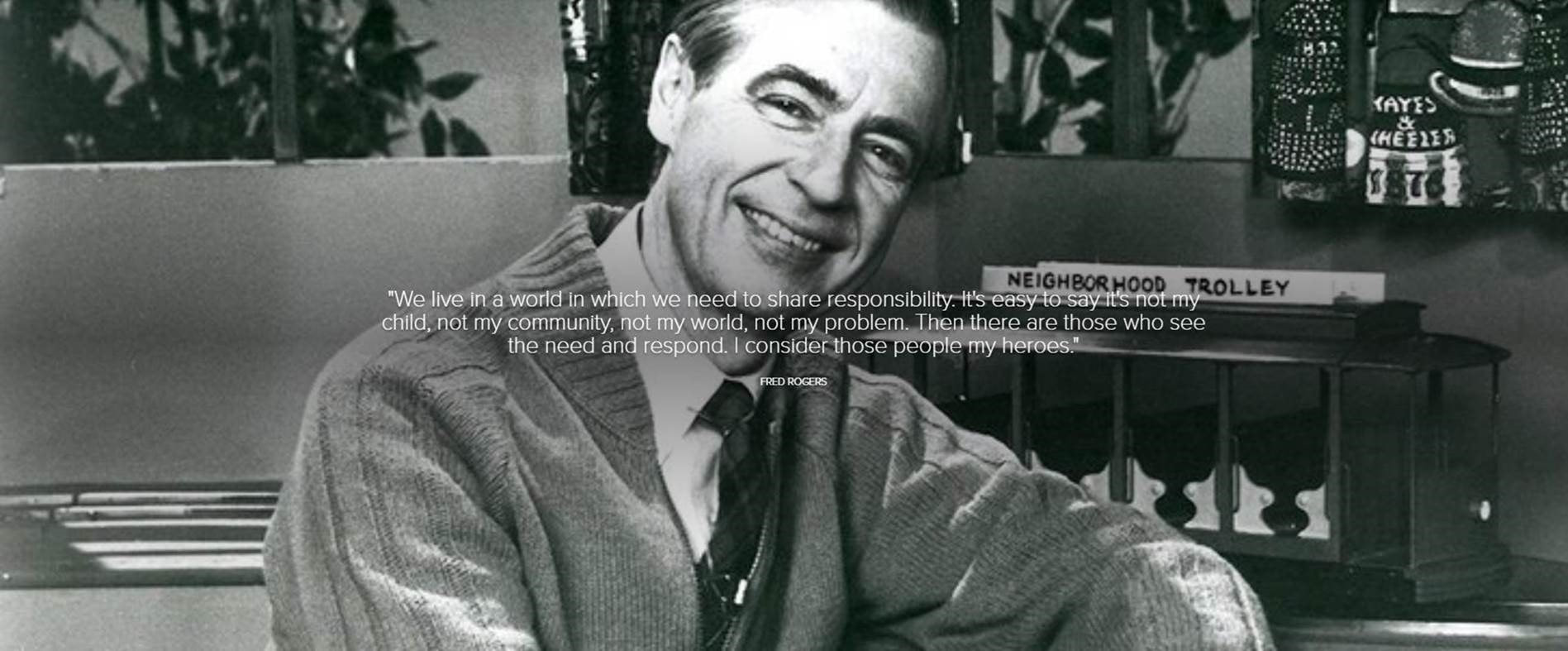|
In times of uncertainty, people turn to those who bring order to chaos, composure to anxiousness and a calmness to uncertainty. Mr. Rogers was one of those guys for many of us growing up, influencing us even if we didn't know or understand it at the time. He did the little things on a daily basis, communicating short and simple messages in his quiet way, profound and powerful, a regular, but kind, reminder that each of us is responsible to make the world a better place for all of us. It is probably a fair statement to say that Covid-19 will change the way health care organizations look at supply chain continuity and may, for at least the foreseeable future, shape how we think about supply chain resilience from today onward. In the last month, with the disruptions introduced by the coronavirus, it is understandable for each of us to get lost in our own organizations, to focus on the immediate problems we're faced with. To shrink as a collective industry in order to focus on the laundry list of challenges in the day to day work right in front of us. After all, problem solving is what we as supply chain professionals do and if there is one primary thing that those of us who chose careers in supply chain fear, it is that we let our organizations down by not being able to solve those problems they face. But this is not a time to look only inward; our organizations and our industry needs us to look externally as well. To collect and share our knowledge with our industry peers and partners, to help inform the direction of our industry, to memorialize the key successes we are having and help each other through the challenges we are facing, and to serve as the healthcare supply chain leaders the industry probably needs more now than at any time in the past couple of decades. To recognize the weaknesses in the supply chain at this time is appropriate, but to fail to repair and learn from this time is unacceptable for the future. I have been inspired by the actions of so many over the past couple of months, watching organizations step up and offer to help others, to provide a guiding light even when the direction was uncertain. Like many of you, I have participated in dozens of hours of calls, hosted by different organizations over the past weeks. Most of these are hosted without any commercial intent but rather to share information and freely offer resources; to share what is known and vulnerably shine a light on what is unknown. Individuals drawn to the profession of supply chain are exceptionally unlikely to accept a mantle of 'hero'. However, I have heard from many across the healthcare supply chain as they have stepped forward to share strong messages about how we have to collaborate to support industry improvement, to celebrate wins when we experience them, and to serve our internal caregivers and patients’ needs in a better, more cohesive way in the future and improve the collective industry of the healthcare supply chain. To address the immediate shortages yes, but also to own the mistakes that have been made already and to not lose sight of improving what we do so as an industry, so the next crisis doesn't catch us unaware. While they won't accept the title, the efforts of many are indeed heroic in what they are giving. It takes each of us to make the world a better place for all of us as Mr. Rogers spent his life trying to remind us and this is the time to really put our efforts toward establishing more resilient supply chains for those who will follow. Jeromie AtkinsonJeromie Atkinson is a member of the Supply Chain Sherpas team, an educator and a strong believer that our best opportunities to improve our industry is investing in each other, and collaborating deeply across provider and supplier relationships.
0 Comments
Leave a Reply. |
AuthorWrite something about yourself. No need to be fancy, just an overview. Archives
April 2020
Categories |


 RSS Feed
RSS Feed